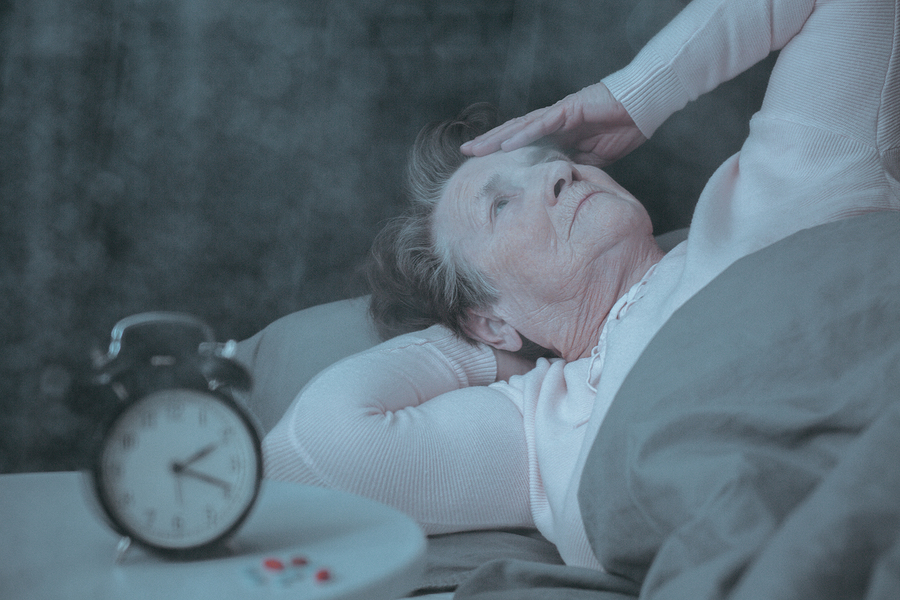Sleep is something that everyone needs on a daily basis, but in the course of your senior care journey with your elderly parent, it could be much more than just the rest that he needs. Paying close attention to your parent’s sleep patterns could help you to recognize issues that impact his mental, emotional, cognitive, and physical health. The sooner you recognize these issues, the better able you are to respond to them in effective and efficient ways that will support a higher quality of life.
It is normal for people to have some variations in their sleep patterns occasionally. Even those people who stick to a schedule of going to bed and waking up at the same time every day are likely to have the occasional sleepless night or have trouble getting up in the morning. It is when these changes become frequent or there is no longer any pattern to sleeping that you want to take notice. Keeping track of these changes can help you to identify potentially serious problems and come up with effective resolutions.
If your elderly parent is sleeping too much, particularly if she is sleeping much of the day, it could be an indication of a variety of issues, including:
• Depression. Many seniors suffer from depression, which can make a serious negative impact on their health and quality of life. Sleeping excessively is often a symptom of depression as the senior both feels physical exhaustion and wants to use sleeping as a way to “escape” her sadness.
• Boredom. Not having enough activity, stimulation, and interest in life can lead to boredom. This boredom can cause your parent to withdraw even further and use sleeping as a way to use up time. This boredom can also hasten the decline of cognitive functioning and worsen physical condition.
• Dementia. Seniors with dementia may feel increased fatigue, causing them to sleep excessively. Because they may also be suffering from cognitive decline or changes in physical functioning that make life less stimulating, they tend to sleep.
This excessive daytime sleeping can lead to diminished physical and cognitive function, cause a senior to miss meals, and may even contribute to issues such as incontinence.
If your senior is dealing with inability to sleep or is awake too much at night, it could be an indication of problems such as:
• Pain. Loss of sleep could be an indication of your parent dealing with pain. This could be arthritis, digestive pain, chronic muscle pain, or issues such as itching from eczema or rashes.
• Insomnia. This condition is characterized by difficulty falling asleep or inability to stay asleep for a proper length of time. This can be caused by a variety of illnesses, but may also develop with seemingly no explanation.
• Sundowners. Common among adults with Alzheimer’s disease, this condition causes anxiety or even fear as the day winds down. Seniors with this issue may get upset when the sun starts to set and may not be able to sleep.
Not sleeping enough at night can lead to a cycle of sleeping during the day and then being less able to sleep at night. Your parent might not get enough sleep and could end up suffering from health concerns and increased risk of infection and illness.
If you or an aging loved one are considering senior care in Edina, MN, and the surrounding areas, please contact the friendly staff at CareBuilders at Home Minnesota. Call today 612-260-2273.








